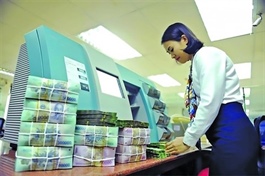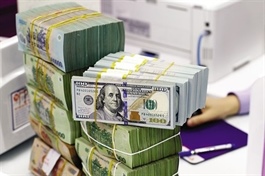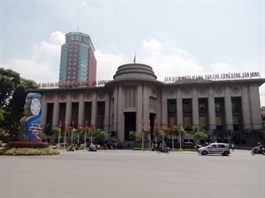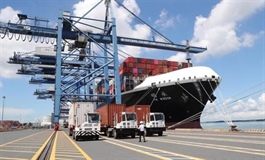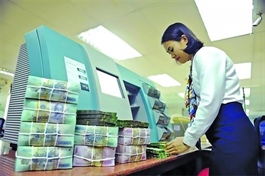Vietnam to receive over US$50 million from carbon credit sale
Vietnam to receive over US$50 million from carbon credit sale
Vietnam is the first country in the Asia-Pacific region to receive payments based on emissions reduction results from the World Bank's Forest Carbon Partnership Fund.
With 5.15 million tons of CO2 credits from forests in the South Central and Central Highlands regions, Vietnam could earn nearly VND1.3 trillion (US$51.5 million) if potential buyers agree to pay $10 per ton, as per the agreement, according to the Ministry of Agriculture and Rural Development (MARD).
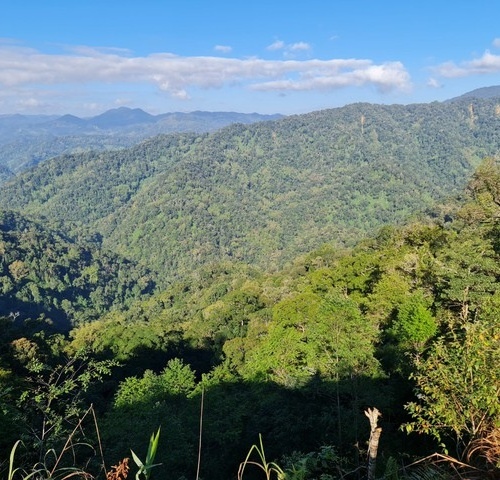
Forest coverage in Vietnam reaches over 42%. Photo: The Phong |
Following MARD's report on Vietnam's forest carbon credit market, the ministry has been tasked by the Prime Minister to implement two emissions reduction transfer agreements.
The Emission Reduction Purchase Agreement (ERPA) for the South Central and Central Highlands regions for the 2022-2026 period is currently being negotiated by the MARD with the Organization for Foreign Financial Enhancement (Emergent).
Emergent is the delegated agency of the Lowering Emissions by Accelerating Forest Finance (LEAF) Coalition. On October 31, 2021, at COP26, Minister of Agriculture and Rural Development Le Minh Hoan signed a Memorandum of Understanding with Emergent in the presence of Prime Minister Pham Minh Chinh.
Vietnam will transfer to LEAF/Emergent 5.15 million tons of CO2 emissions reduction from forests in this area at a minimum price of $10 per ton of CO2, for a total value of $51.5 million.
The ministry has submitted credit issuance registration documents under the REDD+ Environmental Excellence Standard (TREES) standard. At the same time, urgent technical negotiation sessions with Emergent are being conducted to finalize the negotiation plan for submission to the Prime Minister for consideration.
Last year, the first emissions reduction purchase agreement for the North Central ERPA was successfully signed with the World Bank (WB) for 10.3 million tons of CO2. The price paid per ton of CO2 was $5.
According to the Forestry Department, there are currently two types of international carbon markets: voluntary and mandatory.
The voluntary international carbon market aims to meet the need for voluntary trading of carbon credits in support of corporate social responsibility of companies, thereby creating an additional supply of carbon credits for the domestic carbon market. It is typically based on contracts, bilateral or multilateral cooperation agreements between organizations, companies, or countries.
Currently, carbon credits on the global voluntary market cost between $2 and $4 per ton of CO2, with the carbon offset price for forestry and land use reaching $3.07 per ton in 2021. According to carboncredits.com, as of March 5, the carbon credit price for natural ecosystems reached $1.57 per ton of CO2.
According to the Forestry Department, nearly 30 countries and territories worldwide have introduced carbon taxes, ranging from $1 to $137 per ton of CO2.
Forest carbon credits are generated from greenhouse gas emissions reduction projects such as reducing deforestation and forest degradation; enhancing afforestation, reforestation, vegetation restoration, and forest management strengthening activities.
Forest owners can convert the area of forests under their management and protection into carbon sequestration units, generate carbon credits, and sell these credits in the carbon market through greenhouse gas emission reduction mechanisms.







